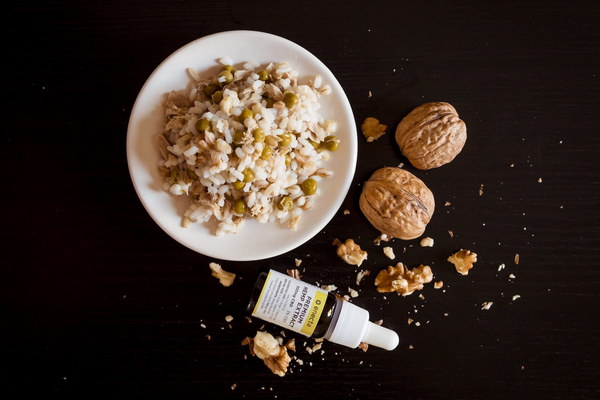When Should Women Start Taking Care of Their Liver Unveiling the Optimal Age for Liver Health Preservation
Introduction:
Liver health is a crucial aspect of overall well-being, and it is vital for women to prioritize liver care throughout their lives. However, the question arises: when should women start taking care of their liver? This article delves into the optimal age for initiating liver health preservation and provides valuable insights on maintaining a healthy liver throughout different life stages.
Paragraph 1: Understanding the Importance of Liver Health
The liver is an essential organ responsible for filtering toxins, producing bile, storing nutrients, and regulating metabolism. It plays a vital role in detoxification and immune function. Maintaining liver health is essential to prevent liver diseases, such as fatty liver, hepatitis, and cirrhosis. Therefore, understanding the importance of liver health and identifying the optimal age for its preservation is crucial for women's well-being.
Paragraph 2: The Optimal Age for Liver Health Preservation
Research suggests that women should start taking care of their liver at an early age. While the exact age may vary, experts generally recommend that women begin focusing on liver health in their late teens or early twenties. This is because the liver undergoes significant changes during adolescence and early adulthood, making it a critical period for establishing a strong foundation for liver health.
Paragraph 3: Liver Health Preservation in Adolescence
During adolescence, the liver is exposed to various risks, such as hormonal fluctuations, poor dietary habits, and exposure to alcohol and other toxins. To ensure optimal liver health during this stage, women should:
- Adopt a balanced diet rich in fruits, vegetables, whole grains, and lean proteins.
- Stay hydrated by drinking plenty of water throughout the day.
- Avoid excessive alcohol consumption and drug abuse.
- Practice safe sex to reduce the risk of sexually transmitted infections, which can lead to liver diseases like hepatitis B and C.
- Engage in regular physical activity to maintain a healthy weight and reduce the risk of fatty liver disease.
Paragraph 4: Liver Health Preservation in Early Adulthood
In early adulthood, women's liver health continues to be influenced by lifestyle choices. To maintain a healthy liver during this period, it is important to:
- Continue with a balanced diet and regular exercise.
- Avoid smoking, as it can damage the liver and increase the risk of liver diseases.
- Limit alcohol consumption to moderate levels or avoid it altogether.

- Prioritize stress management techniques, such as meditation, yoga, or counseling, to reduce the risk of non-alcoholic fatty liver disease (NAFLD).
- Regularly get vaccinated against hepatitis A and B to protect the liver from viral infections.
Paragraph 5: Liver Health Preservation in Middle Adulthood and Beyond
As women enter middle adulthood and beyond, they may face additional challenges that can impact liver health, such as menopause and age-related conditions. To ensure ongoing liver health, women should:
- Continue maintaining a healthy diet, exercise, and stress management practices.
- Consult healthcare professionals for regular health screenings, including liver function tests, to monitor liver health.
- Be cautious about the use of certain medications, as some can cause liver damage.
- Consider genetic testing if there is a family history of liver diseases or other risk factors.
Conclusion:
In conclusion, women should start taking care of their liver at an early age, ideally in their late teens or early twenties. By adopting a healthy lifestyle, including a balanced diet, regular exercise, and avoiding harmful substances, women can establish a strong foundation for liver health. Maintaining liver health throughout different life stages is essential for overall well-being and the prevention of liver diseases.









